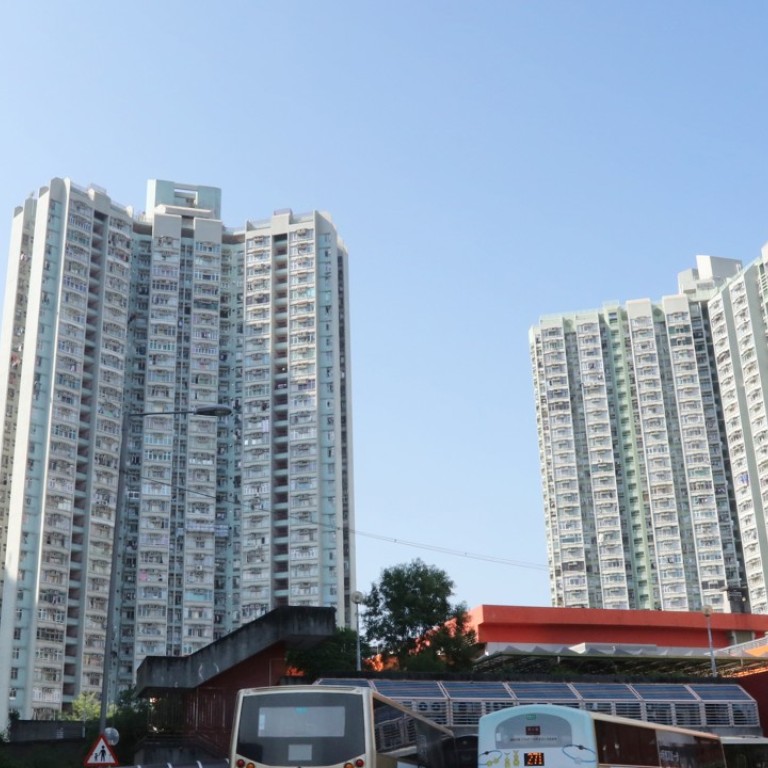
Letters to the Editor, August 18, 2017
Subdivided flats scheme a step forward
This ties in with her pledge to do more to help the poor. The new housing minister, Frank Chan Fan, came up with the idea when he visited some of these cubicle flats in Sham Shui Po last month.
Because of the long waiting list (at least 41/2 years) for public flats, this new scheme will provide some families with affordable, temporary and safe accommodation. It may only be able to help a limited number of families, but it is still a big step forward. Also, it shows the government’s determination to try and solve housing issues.
The full details have still to be worked out and I can foresee some issues that will have to be addressed before it gets off the ground.
Firstly, officials will have to figure out who is eligible and who should make that assessment. Should the government decide before passing on the names of tenants to those social welfare groups managing the scheme?
A vetting system will have to be established which is strict yet fair.
I hope the government will release full details of the scheme in the near future.
Wallace Wong Wai-lun, Kwai Chung
Sensible ideas are needed on land supply
This is just what those people who require housing do not need, as this will be for rich investors/buyers only.
I hope the new chief executive will not put numbers first, will take the time to look properly at the problem and come up with sensible proposals that will assist the environment as well. That certainly was not the case under the last administration.
Allan Hay, Tai Po
Visitors could identify Great Wall vandals
Given the length of the Great Wall and the huge volume of visitors it attracts from China and abroad, I can understand how difficult it must be to monitor them.
What the authorities should do is enlist law-abiding visitors to help with the monitoring process.
They can use their smartphones to take photos of people they see defacing the wall with graffiti and take this evidence to staff.
There could even be monetary rewards for people who provide this photographic evidence.
I also agree with those internet users who say the fines of between 200 yuan (HK$234) and 500 yuan for people found writing graffiti on the wall should be increased, to act as a deterrent to potential vandals.
Zoe Liu Sze-yui, Kwai Chung
Education key to reducing plastic waste
The problem of plastic waste is serious in Hong Kong.
We all need to try harder to reduce the volume of discarded plastic that ends up in our landfills.
Education is very important especially in schools. Many people from the older generation are less environmentally aware.
If children learn about the need for us all to lead greener lifestyles, they can pass this message on to their parents and hopefully get them to change their wasteful habits.
Environmental groups can also make videos on the internet encouraging people to put plastic material they have washed in recycling bins. People must also learn what kinds of plastic containers cannot be recycled.
Also, when buying food to take away for lunch, we can bring our own containers instead of taking a styrofoam lunchbox and plastic utensils. And course, we should all get into the habit of bringing our own bags when we go shopping.
Anson Poon, Sha Tin
Talking with North Korea is still best option
I agree with General Joseph Dunford, chairman of the US Joint Chiefs of Staff, who has said that a war between the US (with its allies) and North Korea would be horrific.
When looking at the crisis on the Korean peninsula, we need to try and understand why a backward country like North Korea wants to develop nuclear weapons.
Its leaders seem to feel that the status of the nation would be raised by it becoming a nuclear power. The tactics employed by Kim Jong-un are misguided.
However, I do not think the comments from the White House, threatening a conflict, have been helpful. I am not convinced that being so belligerent towards Pyongyang is the answer. Taking a soft approach in diplomatic terms is the best way forward.
Eventually, there will have to be talks at an international level to defuse the crisis and end the threat of a conflict.
Kevin Lee, Tseung Kwan O

